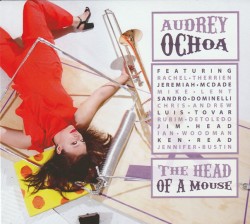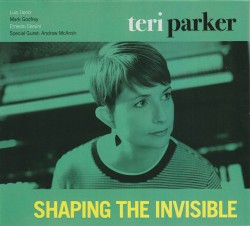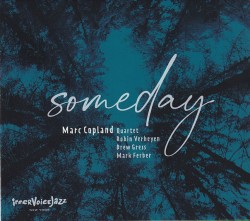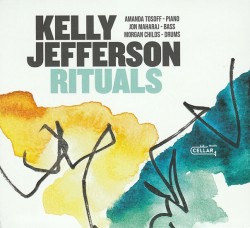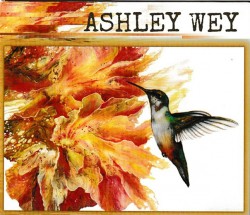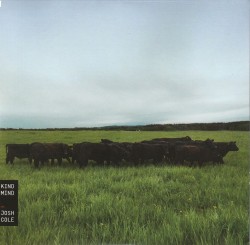Cry Me a River - Hilario Durán and his Latin Jazz Big Band
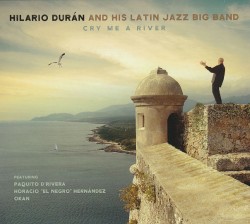 Cry Me a River
Cry Me a River
Hilario Durán and his Latin Jazz Big Band
Alma Records ACD90832 (almarecords.com)
A sign of a truly great musician is the ability to not only capture the attention of the listener from the first note, but also to maintain that same level of rapture throughout an entire recording. Renowned pianist Hilario Durán’s long-awaited Latin big band album does just that, it captivates and thoroughly ensnares within the sizzling melodies and rhythms of these tunes. The mix of original compositions and covers with an interesting and refreshing twinge make for an ear-pleasing whole that is as vibrantly expressive and joyful as the changing colours of the autumn leaves.
A defining element of this album is the way in which Durán’s improvisational and genre-crossing talents are highlighted within each piece. It’s absolutely enthralling to listen to how the star pianist throws in his own flavour to well-known jazz standards such as Dizzy Gillespie’s A Night in Tunisia, which takes on decidedly more Latin flavour, adding a renewed element energy and passion to the classic tune. Rhythmic grooves and scorching melodies interspersed with Durán’s prolific improvisational riffs create a delicious musical potpourri that will fill the soul and body of listeners. The bandleader hops between genres and bends pieces to his will, jumping from traditional jazz to modern and even funk with the utmost ease. Featuring a roster of great musicians such as Luis Mario Ochoa on guitar, Elizabeth Rodríguez on violin and Roberto Occhipinti on bass, this is a must-have for any jazz-lover’s collection.


